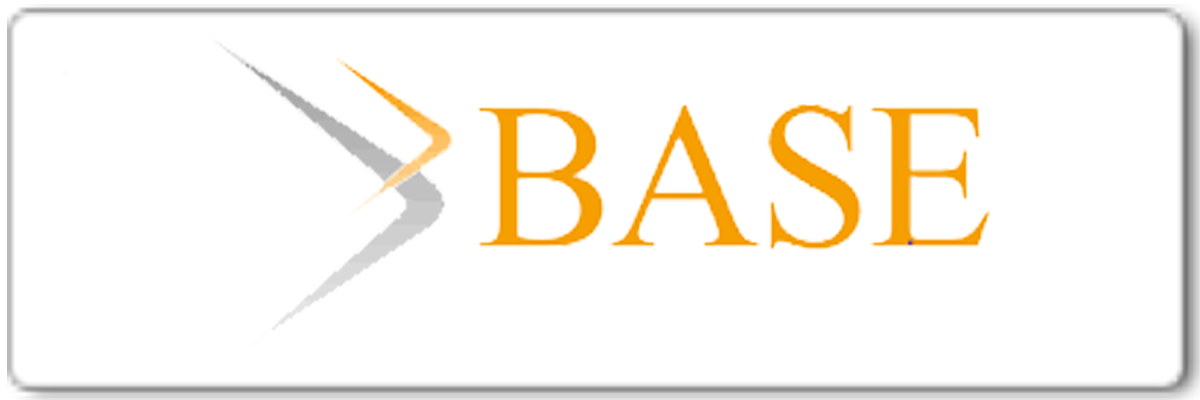Problem Based Learning Model For Increasing Problem Solving Skills In Physics Learning
Abstract
Keywords
Full Text:
PDF (English)References
Blundell, G. E., & Berardi, V. (2016). Developing Capable Undergraduate Students: A focus on Problem Based Learning and Assessment. Information Systems Education Journal, 14(1): 71.
Brown, A. H., & Green, T. D. (2019). The essentials of instructional design: Connecting fundamental principles with process and practice. Routledge.
Fasko, D. (2001). Education and creativity. Creativity research journal, 13(3-4): 317-327.
Corebima, A. D. (2010). Berdayakan Keterampilan Berpikir Selama Pembelajaran Sains Demi Masa Depan Kita [Empowering the thinking skills in the science learning for our future]. In National Science Seminar.
Elder, L., & Paul, R. (2020). Critical thinking: Tools for taking charge of your learning and your life. Foundation for Critical Thinking.
Loague, K. (2001). Teaching strategies for case-based learning: environmental problems in classroom. Tersedia di: http://www. docs. lib. purdue. edu.
Ekici, E. (2016). " Why Do I Slog through the Physics?" Understanding High School Students' Difficulties in Learning Physics. Journal of Education and Practice, 7(7): 95-107.
Awang, H., & Ramly, I. (2008). Creative thinking skill approach through problem-based learning: Pedagogy and practice in the engineering classroom. International journal of human and social sciences, 3(1): 18-23.
Aycan, S., & Yumusak, A. (2005). Lise fizik müfredatindaki konuların anlaşılma düzeyleri üzerine bir araştırma.[A research on the levels of understanding of subjects in high school physics curricula] Paper presented at V. In Science and Mathematics Education Congress, Ankara, Turkey.
Eggen, P., & Kauchak, D. (2012). Strategi dan Model Pembelajaran. Jakarta: Indeks.
Hastings, D. (2001). Case Study: Problem-Based Learning and the Active Classroom.
Duch, B. J., Groh, S. E., & Allen, D. E. (2001). Why problem-based learning? A case study of institutional change in undergraduate education. The power of problem-based learning, 4.
Güzel, H. (2004). The relationship between students' success in physics and mathematics lessons and their attitudes towards mathematics. Journal of Turkish Science Education, 1(1): 28.
Yanto, F. (2019, April). Development of problem-based student worksheet with authentic assessment to improve student's physics problem solving ability. In Journal of Physics: Conference Series (Vol. 1185, No. 1, p. 012075). IOP Publishing.
Veloo, A., Nor, R., & Khalid, R. (2015). Attitude towards physics and additional mathematics achievement towards physics achievement. International Education Studies, 8(3): 35-43.
von Davier, A. A., Hao, J., Liu, L., & Kyllonen, P. (2017). Interdisciplinary research agenda in support of assessment of collaborative problem solving: Lessons learned from developing a collaborative science assessment prototype. Computers in Human Behavior, 76: 631-640.
Hmelo-Silver, C. E. (2004). Problem-based learning: What and how do students learn?. Educational psychology review, 16(3): 235-266.
Joyce, B., Weil, M., & Calhoun, E. (2009). Models of Teaching (eight edition). Massachusetts: Allyn and Bacon Publisher
Jonassen, D., & Tessmer, M. (1996). An outcomes-based taxonomy for the design, evaluation, and research of instructional systems. Training Research Journal, 2(1996): 97.
Kim, M. K. (2015). Models of learning progress in solving complex problems: Expertise development in teaching and learning. Contemporary Educational Psychology, 42: 1-16.
Kagan, S. (2000). Cooperative Learning Structure. Numbered Heads Together. (Online), (http://Alt.Red/clnerwork/numbered.htm) diakses 3 Desember 2011
Liu, M. (2005). Motivating Students Through Problem-based Learning. University of Texas – Austin
Lepinski, C. (2005). Problem-based learning: A new approach to teaching, training, and developing employees. Retrieved December , 26, 2008.
DOI: http://dx.doi.org/10.26737/jipf.v6i1.1870
Refbacks
- There are currently no refbacks.
Copyright (c) 2021 Febri Yanto, Festiyed Festiyed, Enjoni Enjoni

This work is licensed under a Creative Commons Attribution-NonCommercial 4.0 International License.
Publisher
Institute of Managing and Publishing of Scientific Journals
STKIP Singkawang
Jl. STKIP, Kelurahan Naram, Kecamatan Singkawang Utara, Kota Singkawang, Kalimantan Barat, Indonesia
Website: http://journal.stkipsingkawang.ac.id/index.php/JIPF
Email: [email protected]
JIPF Indexed by:
Copyright (c) JIPF (Jurnal Ilmu Pendidikan Fisika)
ISSN 2477-8451 (Online) and ISSN 2477-5959 (Print)































